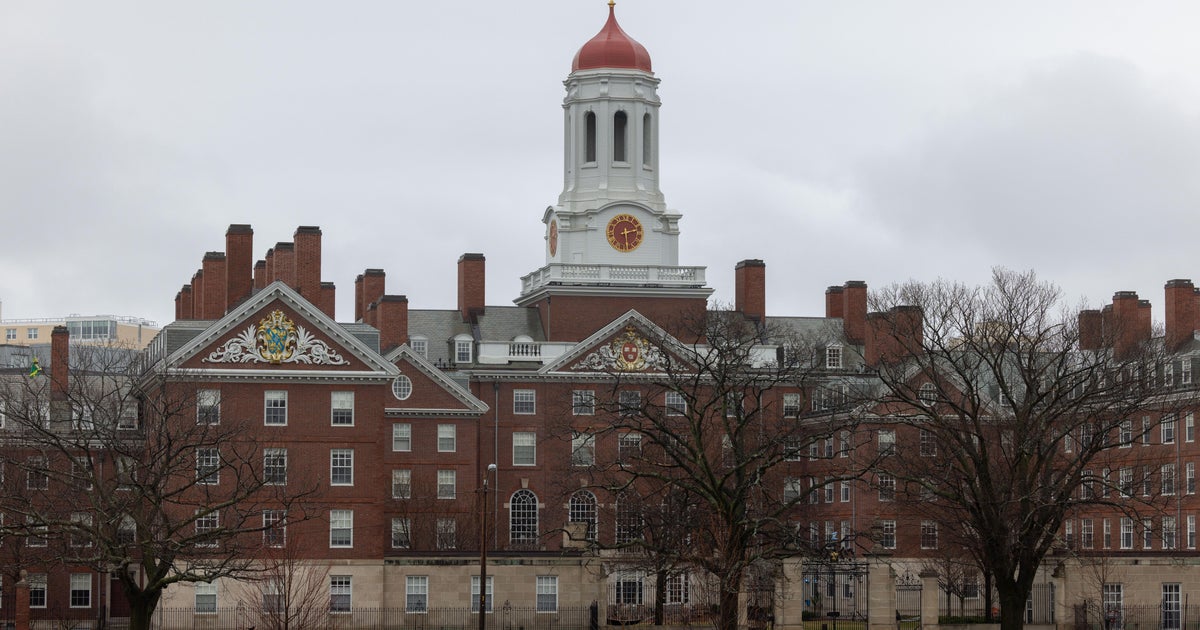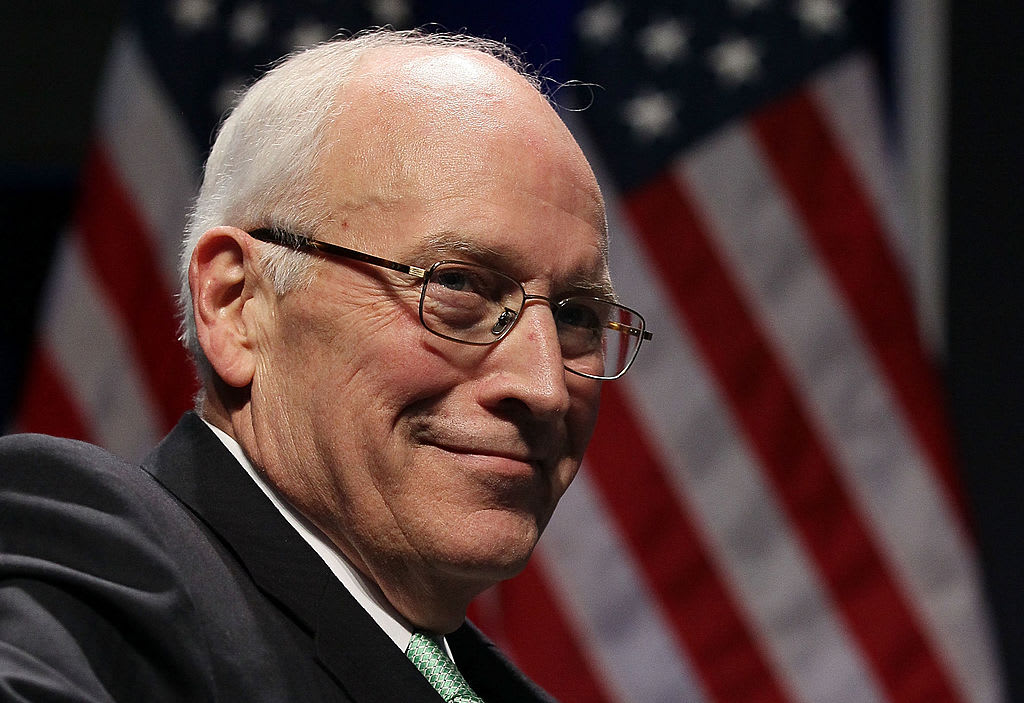Transcript: Dick Cheney on "Face the Nation," December 2, 2018
The following is a transcript of the interview with former Vice President Dick Cheney that aired Sunday, Dec. 2, 2018, on "Face the Nation."
MARGARET BRENNAN: Welcome back to FACE THE NATION. Joining us now is former Vice President Dick Cheney who served as defense secretary to President H.W. Bush. Thank you for being here with us.
FORMER VICE PRESIDENT DICK CHENEY: Margaret.
MARGARET BRENNAN: We just heard so much of who 41 was as a person in terms of his legacy for the country he was in office at such a tremendous time of change in the world of upheaval. You were at the Pentagon at that time. How do you think the fact that he was part of that Greatest Generation, a World War II vet, that he had seen combat, how did all of that come together to inform his role and in shaping foreign policy?
FMR. VICE PRESIDENT CHENEY: Well I think the nation was lucky to have him at that particular time, I say he was the last World War II veteran. And well also, there were just remarkable events that took place during those four years when you think about the end of the Cold War, the Soviet Union going out of business. The unification of Germany, the liberation if you will of all those former Soviet states in Eastern Europe. Big, big changes that the situation that existed since the end of World War II through the Cold War. And all of a sudden it ends and he was in exactly the right spot when that happened, especially because he understood that partly what was needed was to manage the U.S. reaction, that there was a way if you overdid it, if say people were dancing on the Berlin Wall you could get into a situation where you'd make it tougher for Gorbachev to do what we wanted him to do, which was end the Cold War and the president was masterful at shaping that relationship.
I know as a secretary of defense my interest, from the secretarial standpoint was I wanted to get military attachés and all of those embassies established and all those former Soviet states. The president made sure we didn't go too fast. He didn't want to be in a position where we were embarrassing, if you will, Gorbachev and that we could wait a few months and some of those cases to get that done. But he was superb and then his leadership in the Gulf War was- was really remarkable.
MARGARET BRENNAN: I know Secretary Baker has talked about, as president he was able to balance America's national interests along with our shared values.
FMR. VICE PRESIDENT CHENEY: Right.
MARGARET BRENNAN: Sometimes those things are described as being in competition with each other. How do you think he was able to balance those and is that something that we've lost?
FMR. VICE PRESIDENT CHENEY: Well, he had this rare combination. I mean his 58 combat missions in World War II, shot down over the Pacific, rescued by an American submarine, came obviously very close to death. And at the same time his tremendous background in diplomacy. The United Nations Ambassador to China. He had a- a set of relationships, I can remember the first weekend of the Gulf crisis, he sent me out to get permission from Saudi Arabia and Egypt for the deployment of U.S. forces. I turned around, I'd finished that, headed back and he called me and said, "We got to stop in Morocco," because he had just gotten hold of the King of Morocco and wanted me to stop in and brief him and sign the Moroccans up. He was the- the best desk officer we ever had at the State Department because he knew all these folks.
MARGARET BRENNAN: Very involved in the details.
FMR. VICE PRESIDENT CHENEY: Involved in the details both with the use of the military, as well as in the- the diplomacy. But on the- on the military side of it he was- he was a great boss because he'd basically give you your head, told me to go run the Defense Department, I mean four million people in defense in those days and--
MARGARET BRENNAN: How different was it, since you have such an unusual experience, of having worked for both 41 and 43. How different were father and son?
FMR. VICE PRESIDENT CHENEY: Well there- there were differences there, no question about it. But especially there were differences in the time. It was only, you know, eight years apart from the end of the first Bush administration, beginning to the second. But there had been some remarkable changes during that period of time. One of the things that had happened was 9/11. And we'd been hit and lost 3,000 Americans on 9/11. That was a- a big event between- made things different in 43's day than what they'd been in 41's day.
MARGARET BRENNAN: Did that change your relationship with 41?
FMR. VICE PRESIDENT CHENEY: No, not really. He, at one point I was accused of becoming — use their phrase — "iron ass." He used that language that I'd change from when I was secretary of defense working for him to when I was vice president working for his son. And--
MARGARET BRENNAN: You're smiling at that description.
FMR. VICE PRESIDENT CHENEY: Well, I can laugh about it. After he'd done it, I got a note from him saying, "Dear Dick, I did it," and then he went on to say nice things about me, but that year when the Alfalfa dinner was held here in Washington, he arranged for me to be- sit right next to him at the head table. He wanted to make sure there was no perpetual aggravation there at all between 41 and myself.
MARGARET BRENNAN: That's quite the- the personal anecdote there. Thank you very much Mr. Vice President for joining us and sharing your memories.
FMR. VICE PRESIDENT CHENEY: Thank you, Margaret.



